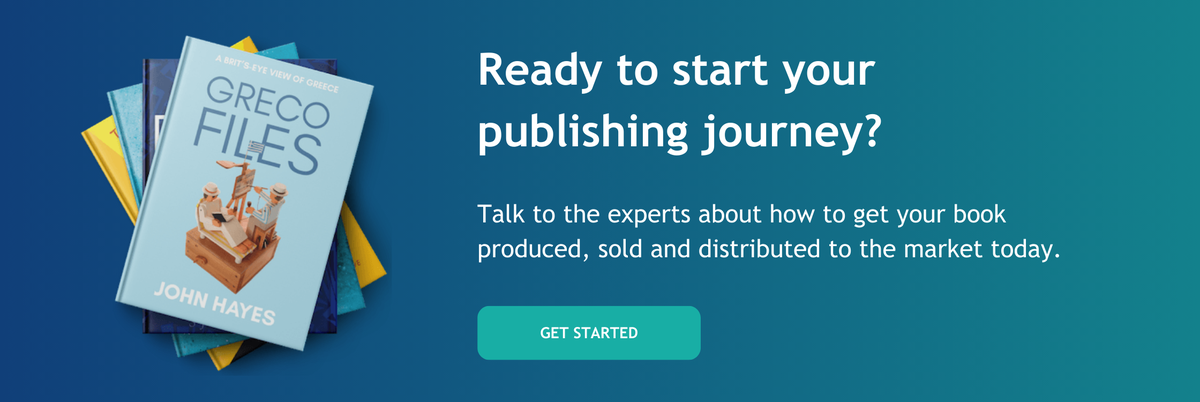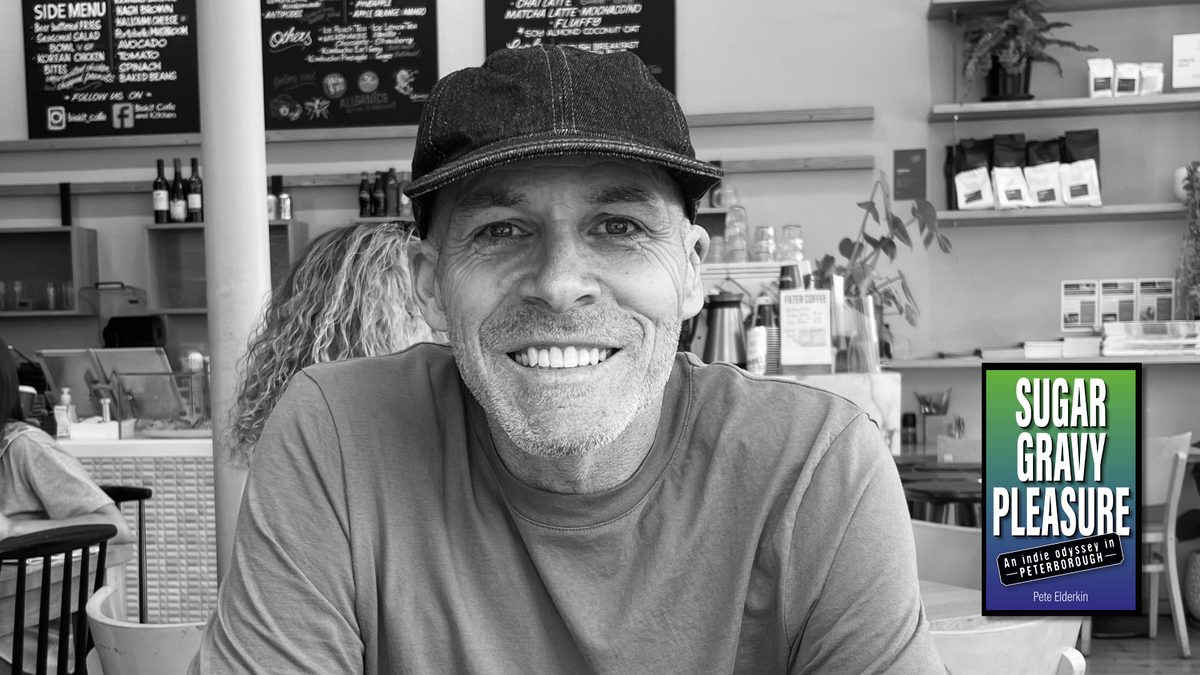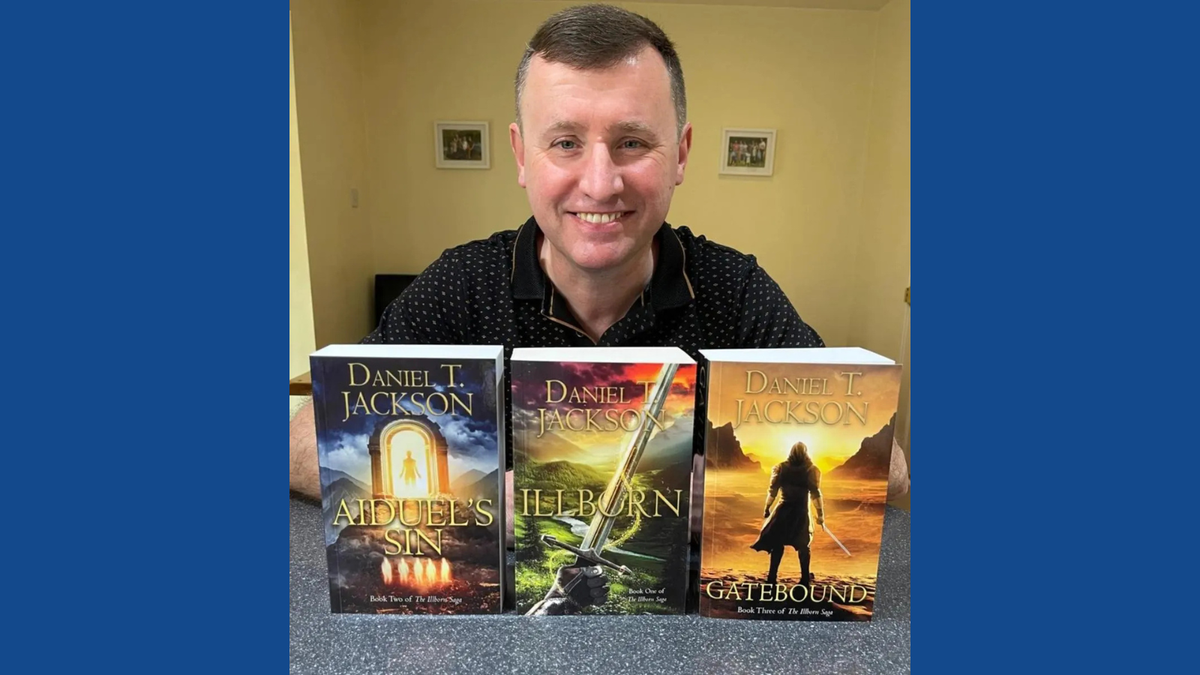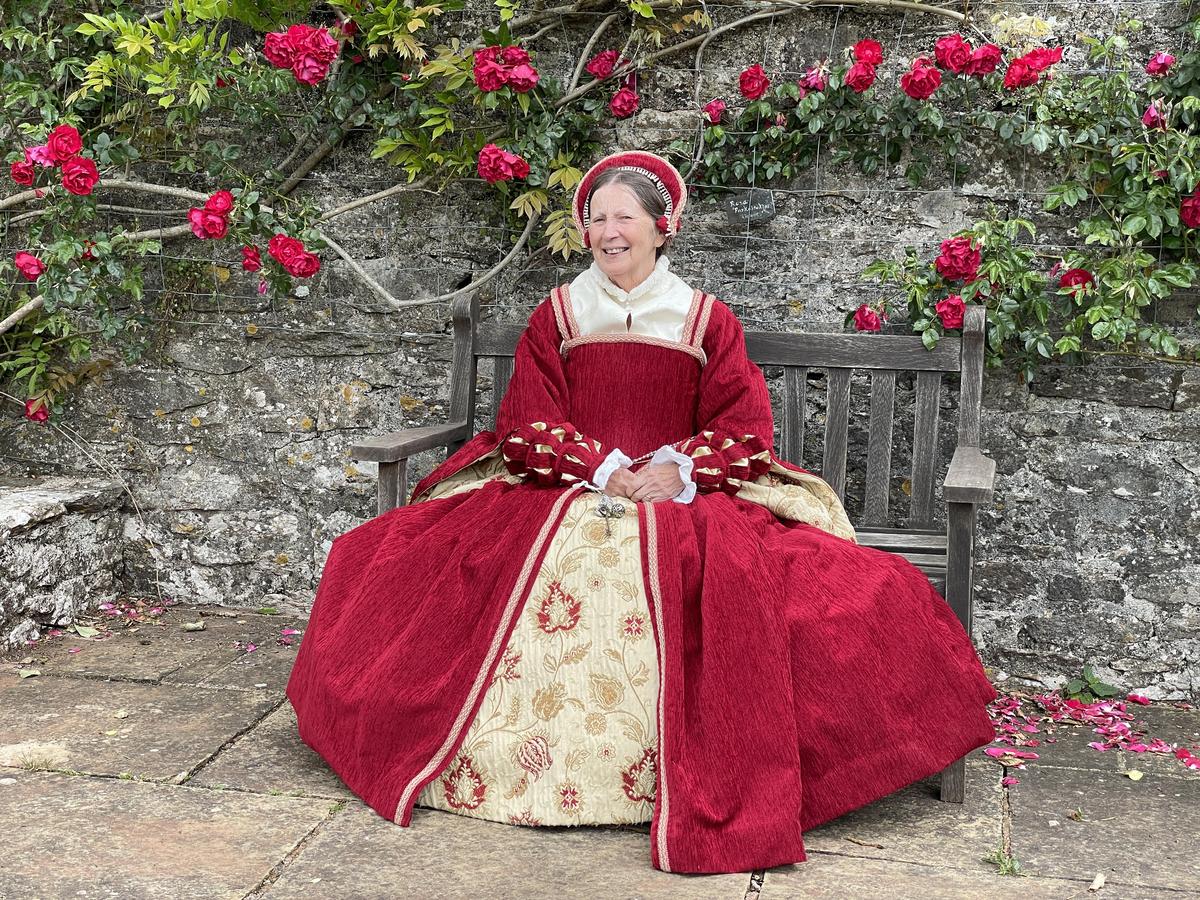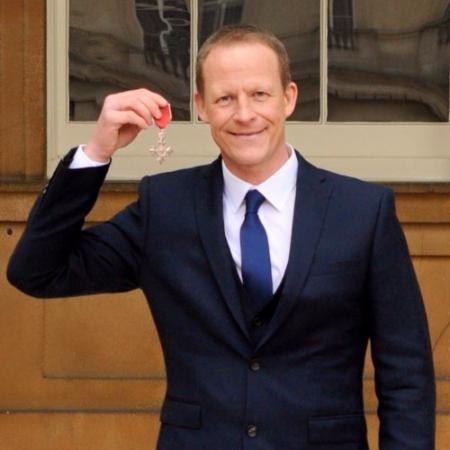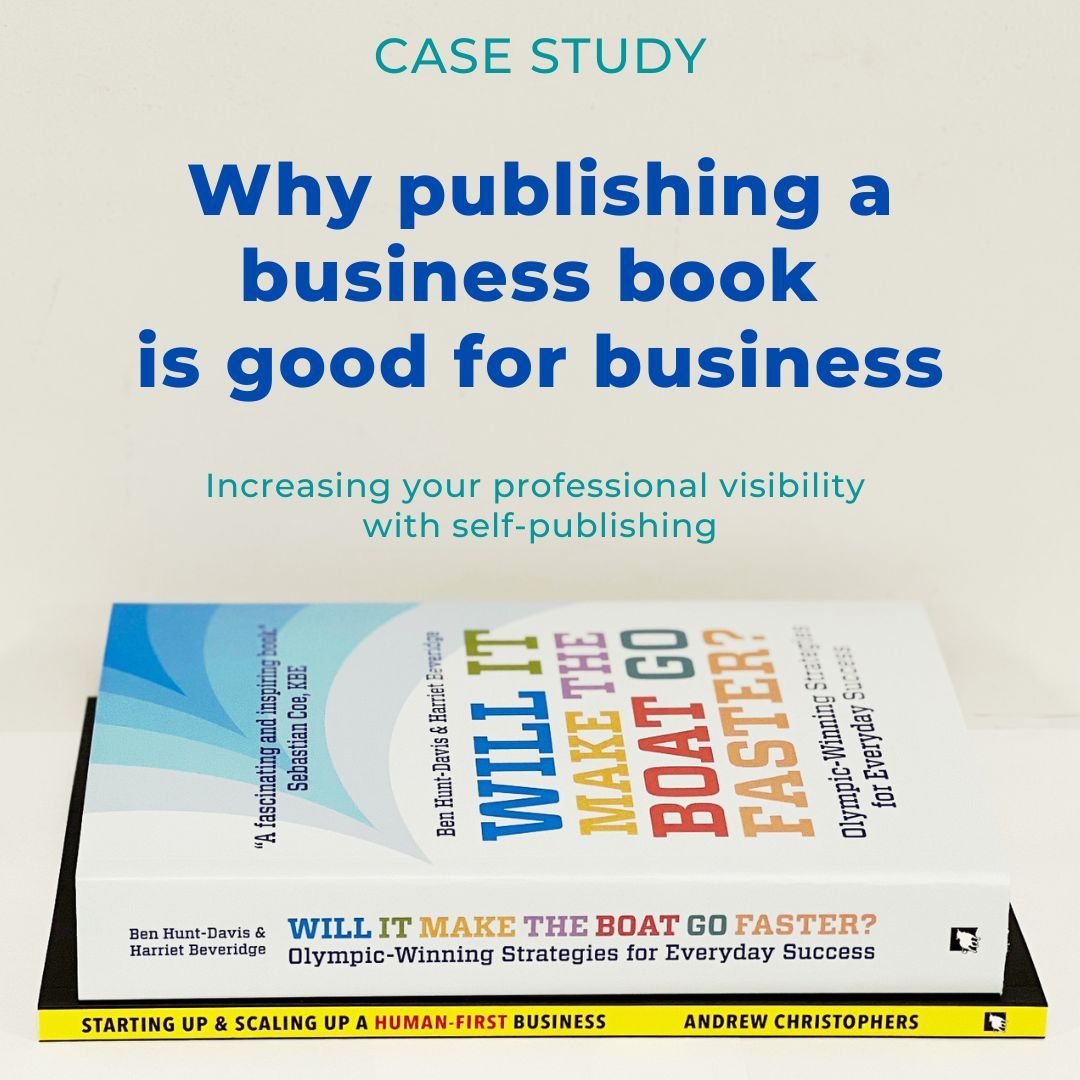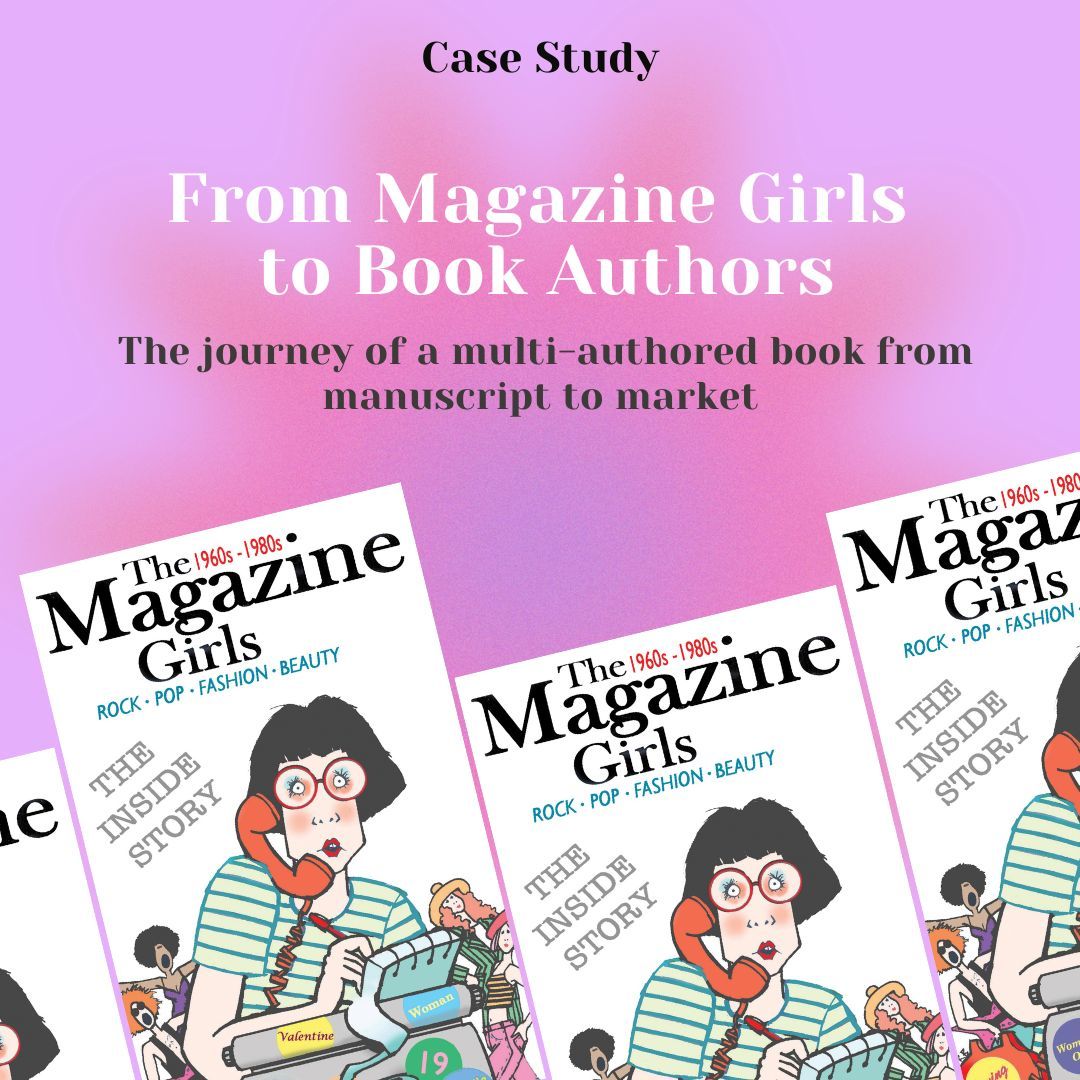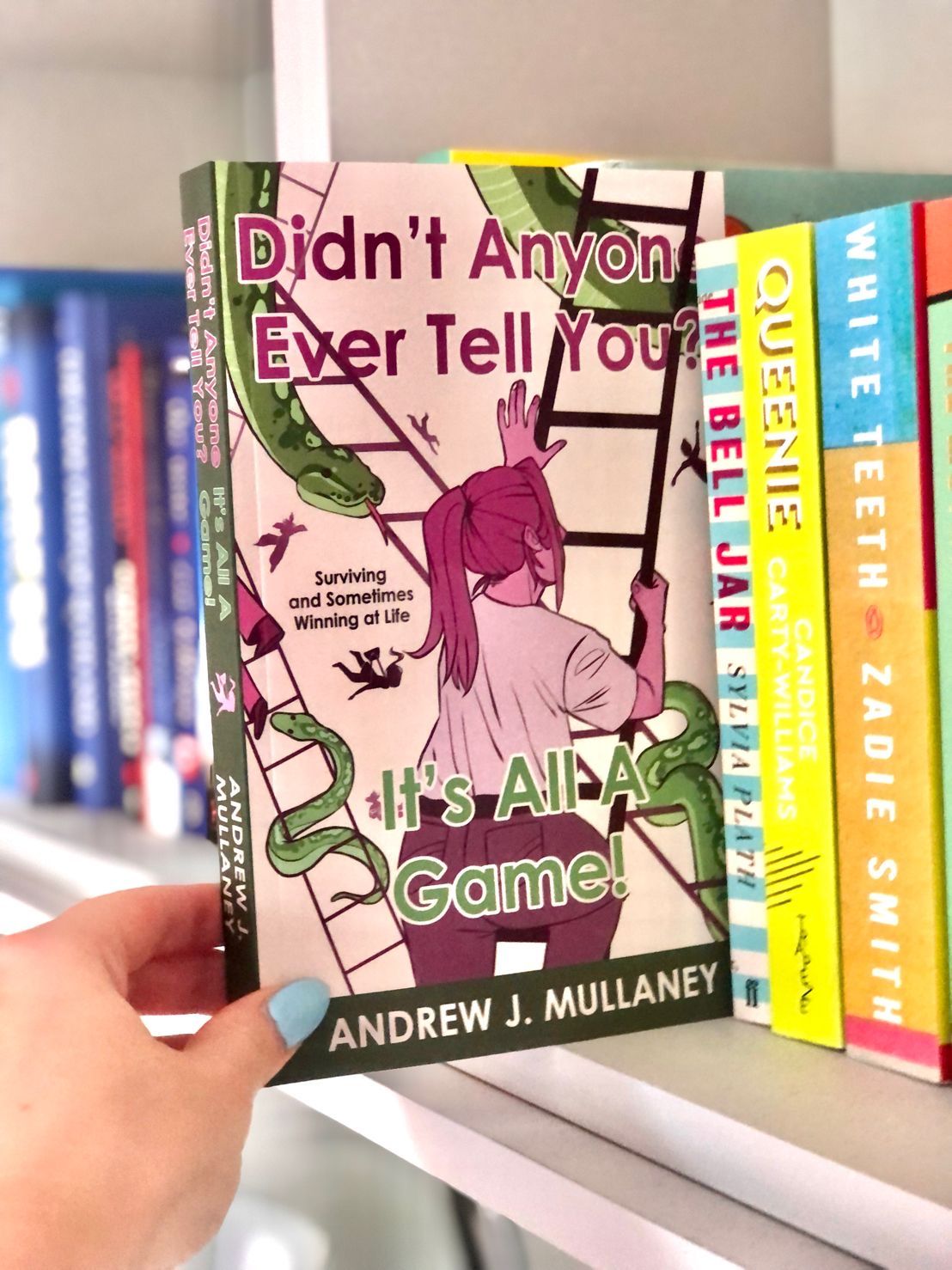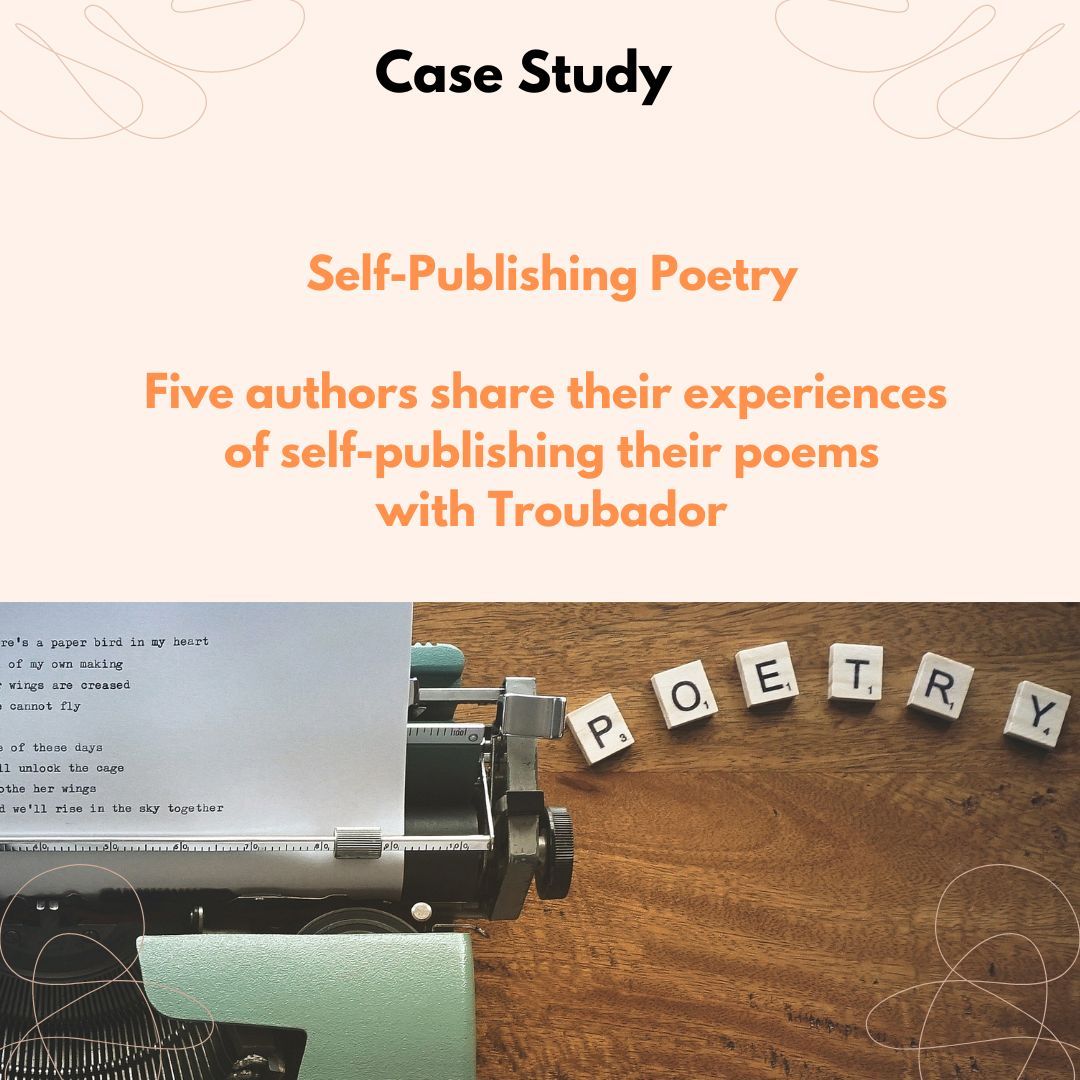
8 min read
DIY Marketing
Written by:
Troubador Publishing
At long last your manuscript is finished. After numerous rewrites and edits, it is ready to be turned into a book and released to the world. One of the many advantages of asking Troubador to take on this task is their expertise in producing a very professional finished product, making it as attractive as possible to both bookshops and your potential readers. My own book, published towards the end of 2018, is about life in nineteen-sixties Liverpool as seen through the eyes of a group of fictional teenagers, one of whom tells the story. A tidal wave of popular culture engulfed the city as John, Paul, George and Ringo made it famous across the world. At the same time Bill Shankly, the iconic manager of Liverpool Football Club, was also creating history. If the title and cover are memorable it will help your book to stand out from the crowd.
For the front cover of Blame It On The Beatles … And Bill Shankly I was able to obtain the consent of the sculptor, Andrew Edwards, to use a photograph I had taken of his statue of The Beatles, which stands on Liverpool Pier Head in front of the famous Royal Liver Building. Using the picture, Joe Shillito, my Production Controller at Troubador, came up with an excellent layout which has been much praised. There was just one change which had to be made to the picture. The name, Bill Shankly, could not possibly be placed in front of an ‘Everton Blue’ sky. No problem. Joe turned the sky red. I now had a book. Prior to publication, using GoDaddy and WordPress, I had also designed and launched a website called. The website was intended to be complimentary to the book, containing music, pictures and other background information, including reader reviews. The website address was put on the back cover of the book. But as yet very few people were aware that either the book or the website existed. (If you’d like to take a look at the website it is still active. And, even better, it’s free!).
On publication of the e-book edition, complimentary copies had been supplied by Troubador to a number of regular reviewers. They generally liked the book, describing it as a coming-of-age story and a nostalgic look back at an imagined golden decade. So when the paperback came out a couple of months later, a number of reviews were available to help promote it. But there was a problem. While the reviews were complimentary, they definitely weren’t ecstatic. I couldn’t help feeling that maybe the book had not found its natural audience. If it was going to sell, more work would be needed. Identifying myself as a ‘local author’ who was writing about a subject which should appeal to their readers I approached Liverpool-based newspapers who were happy to run features on the book. I also called in at local bookshops and managed to persuade Waterstones and other independent bookshops to stock it on Merseyside. I was more than happy to sign copies that they put out on display, and they assured me that the round, black, ‘signed by the author’ sticker on the front cover would attract the attention of potential readers.
As I am sure many self-published authors find, most of my initial sales had been to family and friends, but the press exposure, and its appearance on the shelves of local bookshops, increased the number of potential readers. Sales began to pick up. With this wider interest in the bag I was able to arrange a number of illustrated lectures at local clubs and libraries, my plan being to talk about the background to the book. The Beatles and Bill Shankly are a big draw on Merseyside, and the talks were almost always sold out. I had been a Liverpool-based teenager in the sixties. I had worked as a songwriter and got to know many of the people who were making the city famous, so I was able to provide a first-hand account of what it was like to have been there as the city of Liverpool suddenly gained worldwide attention. My stories and experiences from the time, which had given me the background to the book, certainly seemed to strike a chord with my audiences. Sales of the book were building up significant momentum, and further talks had been lined up.
Then Covid-19 struck. All future talks were cancelled. And, to make matters worse, because book sales had been going well I had just confirmed a reprint of 1000 copies. “Help!!” (As The Beatles once said.) Having had no experience of social media I had steered clear of Facebook, Instagram and Twitter, but now, cut off from contact with potential readers by a pandemic virus, I was left with no choice. It turned out to be a cloud with a silver lining. I started with Instagram, mainly because my daughter-in-law used it regularly and she seemed to understand how it worked. It was not a success. Maybe the demographic using Instagram wasn’t right for the book – possibly too young? Or maybe I never properly got to grips with the very visual format which is at the heart of Instagram. The experience was nevertheless useful, for it made Facebook seem almost familiar when I decided to give that a try. A search on Facebook quickly turned up a number of specialist groups which were focused upon The Beatles, Liverpool FC and the nineteen-sixties. That seemed to be a good place to start and I set up a page of my own, calling it Blame It On The Beatles … And Bill Shankly.
By this time the book had been available for eighteen months and happily a number of positive, five-star reviews by ‘Verified Purchasers’ had appeared on Amazon and Goodreads. Getting genuine, good reviews is hugely helpful for any author, but it is definitely a ‘Catch-22’ situation. Good reviews drive sales, but until you achieve the sales how do you get the reviews? Well-known authors seem to conjure up good reviews from their published colleagues, but I’m not sure there is an easy answer to this dilemma for the novice writer who may not yet have acquired many influential friends. Although I cannot suggest a simple way of getting good reviews, there is one useful warning I should perhaps pass on. Try not to lose the good reviews that your book may get on Amazon. Because of the very real problem of fake reviews, Amazon closely monitors the reviews of all their products, including books. And like almost everything else on Amazon, this monitoring process tends to be computer-based.
One of the earliest five-star, and very positive, reviews I got on Amazon was written by a reader who lived in Leeds. As well as reviewing the book he e-mailed me, via my website, to say how much he’d enjoyed it and to say that he had passed the book on to his wife who he was sure would also like it. A week or two later his review on Amazon suddenly disappeared, so I emailed him to ask what had happened. To cut a long story short, it turns out that his wife had sent an equally complimentary review to Amazon, but the automated review process on Amazon identified the reviews as both having come from the same laptop and flagged them up as ‘fakes’. Amazon had wrongly deleted two perfectly genuine five-star reviews. And there is sadly no way of appealing against their decision. I now have 46 reviews on Amazon, mostly five-star, but I am still slightly annoyed that the number isn’t 48!
In the first few months of using Facebook to raise awareness of the book, I posted regular stories and pictures relating to The Beatles and Liverpool FC on the relevant group pages. Quite understandably many of the groups, which are intended to be forums for like-minded people to share their interests, do not welcome advertising as they want their pages to remain informal and personal. However, it is possible to pick up on posts by other members and link them to particular stories in a book. This can make your advertising more subliminal, and maybe more effective, and it adds to the variety and attractiveness of the group posts. Within a few weeks of first using Facebook, I was approached by someone based in Indonesia who runs a worldwide group for Beatles enthusiasts. He requested a complimentary copy of my book, in return for which he would allow me to openly promote it on his Facebook page to the 45,000 members of his group. It seemed like a good idea. The ongoing mentions of the book on various Facebook pages resulted in an increase in sales and so, in the run-up to Christmas 2020, I decided to make use of Facebook’s ‘boost’ function to increase the number of views of my posts. Using ‘boost’ it is possible to specify the age groups and geographical areas where your post will be seen, as well as focus on people with specific interests.
Your advertising can thus be effectively targeted. Pop music and Liverpool FC were two obvious interest groups which I could focus on, and I put together a post which made use of some of the five-star reviews which had started to appear on Amazon. "I loved this book. Great fiction that seems so factual. It would make a brilliant film." - Steve Baxter (Facebook) "I've just read it - fantastic book! Recommend any Liverpool fan or Beatles fan to get it - 62 onwards - great read!" - Mike Jones (Facebook) "Absolutely brilliant story. Sad, uplifting, sorrowful and joyous - all within its pages. At times almost like a biography. I haven't enjoyed a book so much in ages." - Mr A.B Henderson (Amazon) Facebook is able to provide feedback on the number of people who have viewed, shared and clicked on boosted posts.
Well over 60,000 people viewed my boosted posts during the mid-October to early December period, and at least 1000 of them shared the posts with all their Facebook Friends, greatly increasing the reach of the posts. My total budget was much less than £100 which I think represents a pretty good return on my investment. It is difficult to know exactly how that online exposure translated into sales, but there was undoubtedly a significant increase in sales in the pre-Christmas period. There can be little doubt that the number of people who saw the posts will have raised the profile of the book, so I shall definitely be making further use of Facebook’s ‘boost’ function again in the future. So, that’s it. I am definitely no marketing expert, but I hope you found these thoughts on my personal experiences of some interest.
I wish you the very best of luck with your own books!
